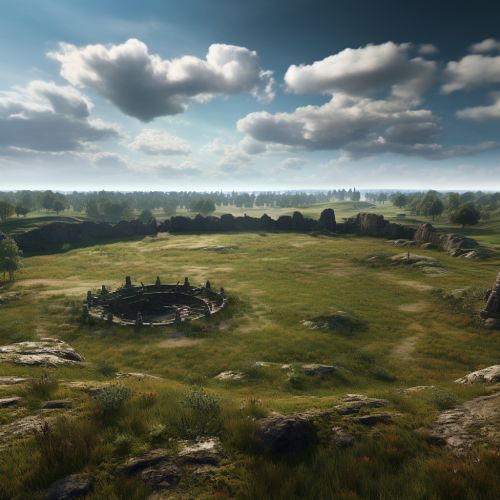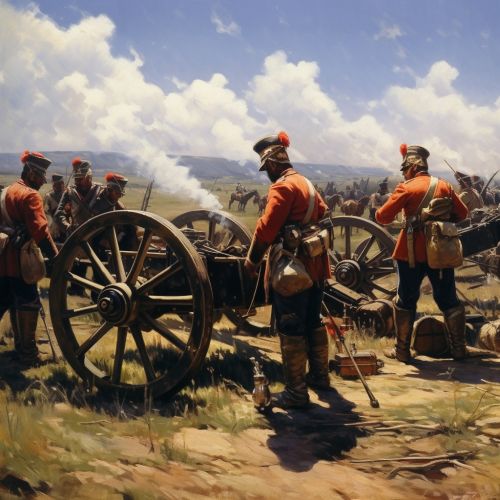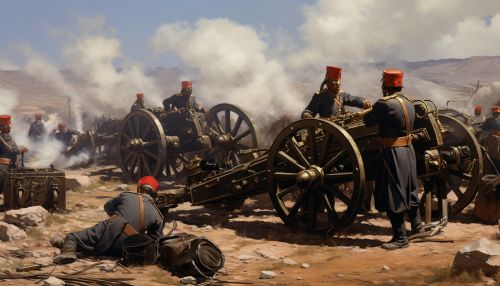Battle of Mukden
Background
The Battle of Mukden, also known as the Battle of Shenyang, was one of the largest land battles to be fought before World War I. It took place from February 19 to March 10, 1905, during the final stages of the Russo-Japanese War. The battle was fought between the armies of the Russian Empire and the Empire of Japan in the vicinity of Mukden, now known as Shenyang, in northeastern China.


Prelude to the Battle
The Russo-Japanese War was a conflict that grew out of the rival imperial ambitions of the Russian Empire and the Empire of Japan over Manchuria and Korea. The war began on February 8, 1904, with a surprise attack by the Japanese navy on the Russian Pacific Fleet at Port Arthur. The Japanese forces quickly gained the upper hand, and by the end of 1904, they had the Russian Army besieged at Port Arthur and at the Battle of Mukden.
The Opposing Forces
The Russian forces at Mukden, under the command of General Alexei Kuropatkin, numbered around 330,000 men. The Japanese forces, commanded by Field Marshal Iwao Oyama, numbered around 270,000 men. Both sides were well equipped with modern weapons, including machine guns and artillery, and both had learned valuable lessons from earlier battles in the war.
The Battle
The Battle of Mukden began on February 19, 1905, with a massive artillery barrage by the Japanese forces. The Russian forces were well entrenched, and the initial Japanese attacks were repelled with heavy losses. However, the Japanese were able to make some progress on the flanks, and by February 23, they had succeeded in turning the Russian left flank.


The Russian forces launched a series of counterattacks, but these were unable to dislodge the Japanese. The battle continued for several days, with heavy fighting and high casualties on both sides. On March 7, the Japanese launched a major assault on the Russian right flank, which was held by the Russian Third Army under the command of General Baron Georgii Stackelberg. The Russian forces were unable to hold their positions, and by March 10, the Japanese had broken through the Russian lines and were threatening Mukden itself.
Aftermath
The Russian forces retreated in good order, but the Battle of Mukden was a decisive victory for the Japanese. The Russian losses were estimated at around 90,000 men, while the Japanese losses were around 70,000. The battle effectively ended the Russo-Japanese War, and it marked the emergence of Japan as a major world power.
Significance
The Battle of Mukden was significant for several reasons. It was one of the largest land battles in history, involving over 600,000 men. It was also the first major battle in which machine guns played a significant role. The battle also marked the first time that an Asian power had defeated a European power in a major war.
